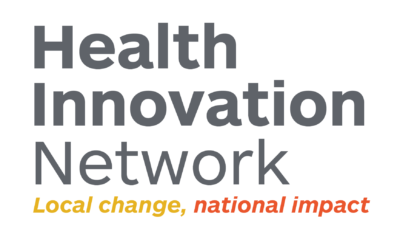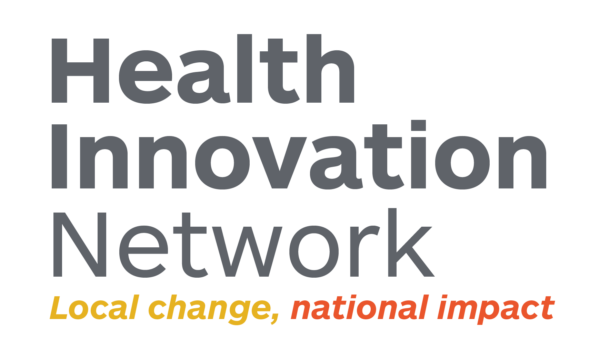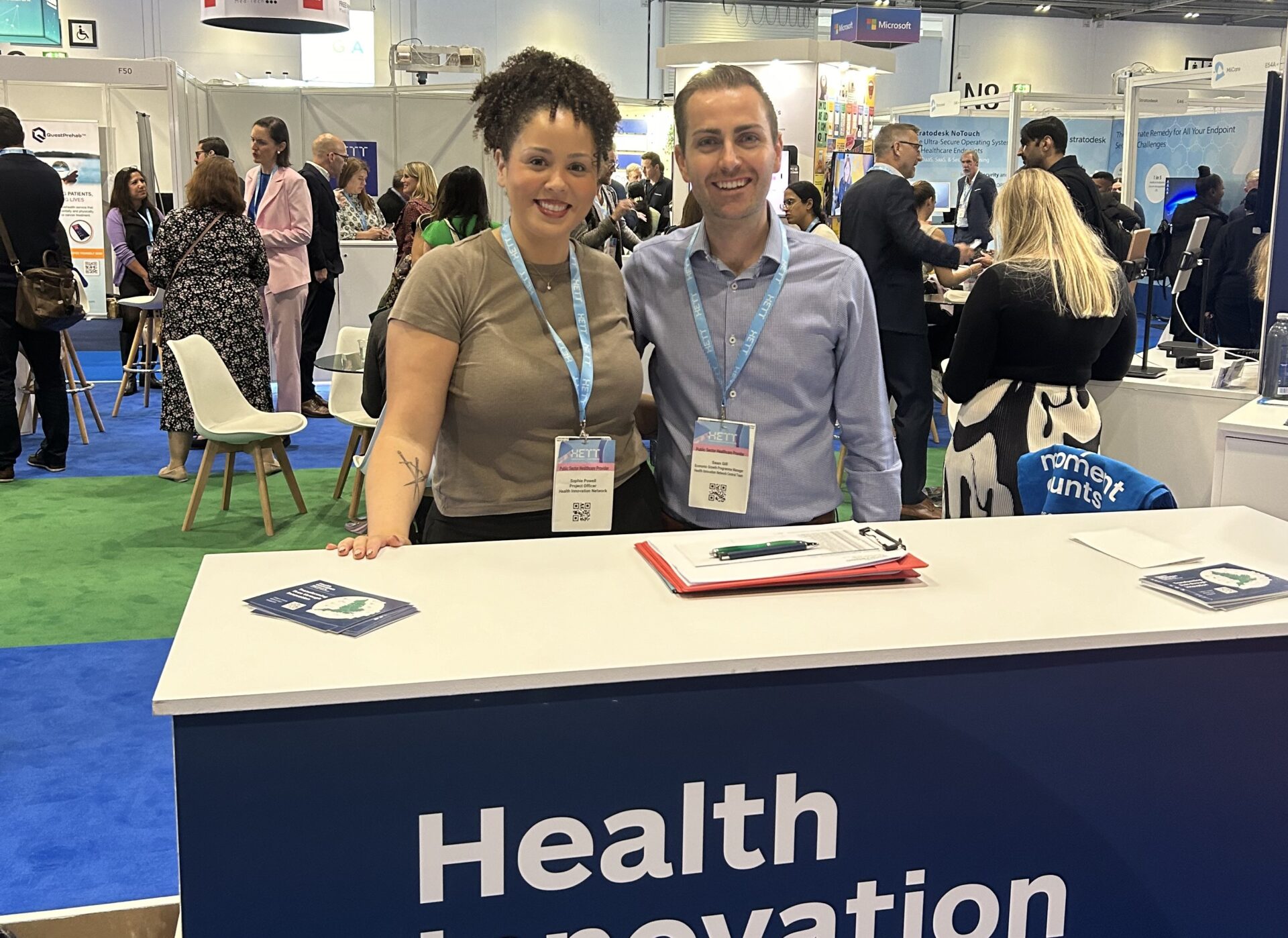The AHSN Network has been announced as a Founding Collaborator of The Sustainable Medicines Partnership (SMP), a not-for-profit, global collaboration which undertakes projects to make the use of medicines more sustainable and less wasteful.
The partnership includes leading pharma, generic and retail medicines manufacturers, distributors, supply chain, technology providers, healthcare, hospitals, pharmacy, researchers, academia, policymakers and changemakers.
Pete Waddingham, Net Zero Lead at The AHSN Network, said:
“We are delighted to be part of the Sustainable Medicine Partnership. There are a number of reasons why we wanted to part of this partnership. Firstly, the AHSN Network are actively involved in both national and local programmes which impact on patients and the medicines they take.
“The AHSN Network works with innovators that can directly contribute to better medicine use and also support the NHS supply chain. These range from organisations that help improve patient communication and understanding of their care, keeping people at home and monitored, through to innovation that can help the supply chain reduce its energy use or improve their logistics.
“Finally, we will only be able to tackle this climate emergency if we work in collaboration with others. The SMP gives us this opportunity, on the subject of medicines, along with some great partnership organisations.
“I am particularly looking forward to exploring what opportunities the SMP can bring to enhancing a number of our national programmes including polypharmacy or lipid management.”
Through a four year programme of priority actions, the Sustainable Medicines Partnership aims to reduce the waste of medicines and from medicines – reducing healthcare emissions and increasing health equity globally.
AHSNs support the NHS to deliver its Net Zero commitments through identifying new products, technologies and ways of working to support this agenda. To do this, we have developed our AHSN Network Environmental Sustainability Strategy.
The Network’s Polypharmacy Programme aims to increased confidence amongst primary care prescribing workforce and patients in order to safely stop medicines identified to be inappropriate or unnecessary, Studies have shown that that over 50% of older people are prescribed a medicine with more harm than benefit. In England there were more than 800k people on 10 or more medicines and these are 300% more likely to be admitted to hospital.
The national lipids optimisation programme aims to improve the management of cholesterol, increase the detection of those with Familial Hypercholesterolaemia and optimise the use of all medicines for patients.
Pete continued: “As set out in a recent report, overprescribing medication results in millions of packets of medicine wasted each year, which consumes energy, plastics and other resources… the production and use of some medicines can generate significant greenhouse gas emissions and so contribute to climate change. Reducing [this] will help the NHS fulfil its commitment to become carbon net zero.
Alanguage is not English, people with lower levels of health literacy, accessibility issues, or people just wanting simple, easy to understand information on their medication can all benefit if we work in collaboration with innovators, patients and industry.”
Find out more about the SMP at www.yewmaker.com/smp
[1] https://assets.publishing.service.gov.uk/government/uploads/system/uploads/attachment_data/file/1019475/good-for-you-good-for-us-good-for-everybody.pdf
[2] https://www.ons.gov.uk/peoplepopulationandcommunity/householdcharacteristics/homeinternetandsocialmediausage/bulletins/internetaccesshouseholdsandindividuals/2020

Across England, innovation is improving cancer services and patient outcomes. Last week the government launched an open call for evidence to inform the National Cancer Plan. Innovation has a critical role to play in supporting the delivery of any National Cancer Plan, and delivering on the government’s three shifts. In order to realise the significant [...]

The Health Innovation Network is delighted to announce the launch of Innovation Insights, a brand-new webinar series designed to highlight the latest in health innovation, offering attendees valuable insights into the adoption and spread of innovation within the health and care landscape. Each interactive webinar will feature: Expert presentations: Delivered by thought leaders across the [...]

Innovation should be at the heart of the NHS 10 Year Plan. Delivering the three shifts and reducing waiting lists simply won’t be possible without innovation. At the Health Innovation Network, we are the innovation adoption experts. We’ll be offering expert advice and support to anyone with an interest in health innovation at this year’s [...]







